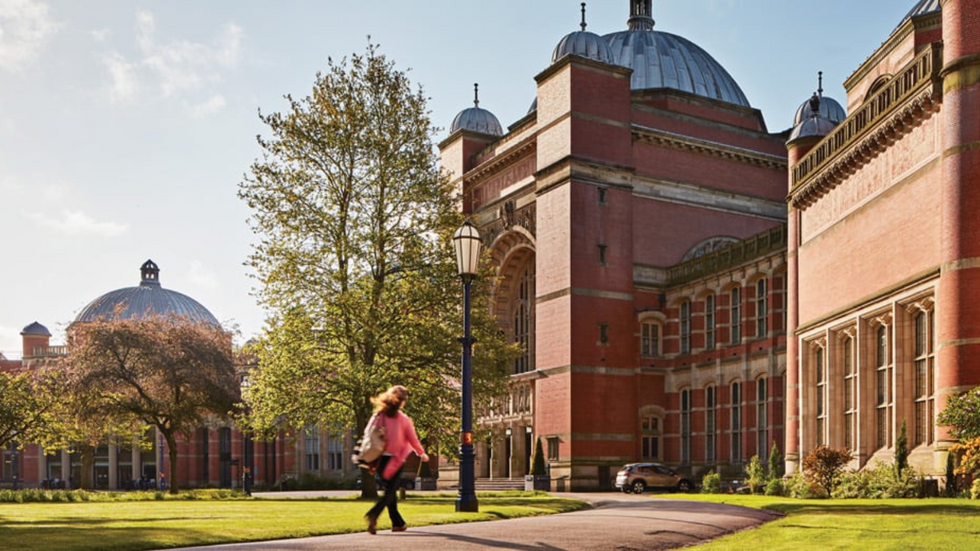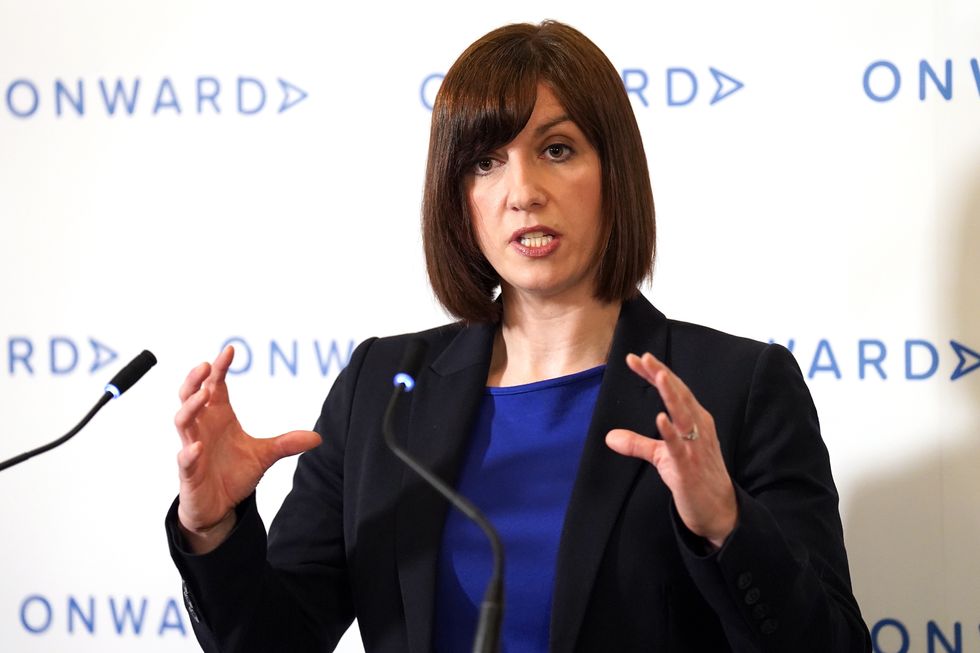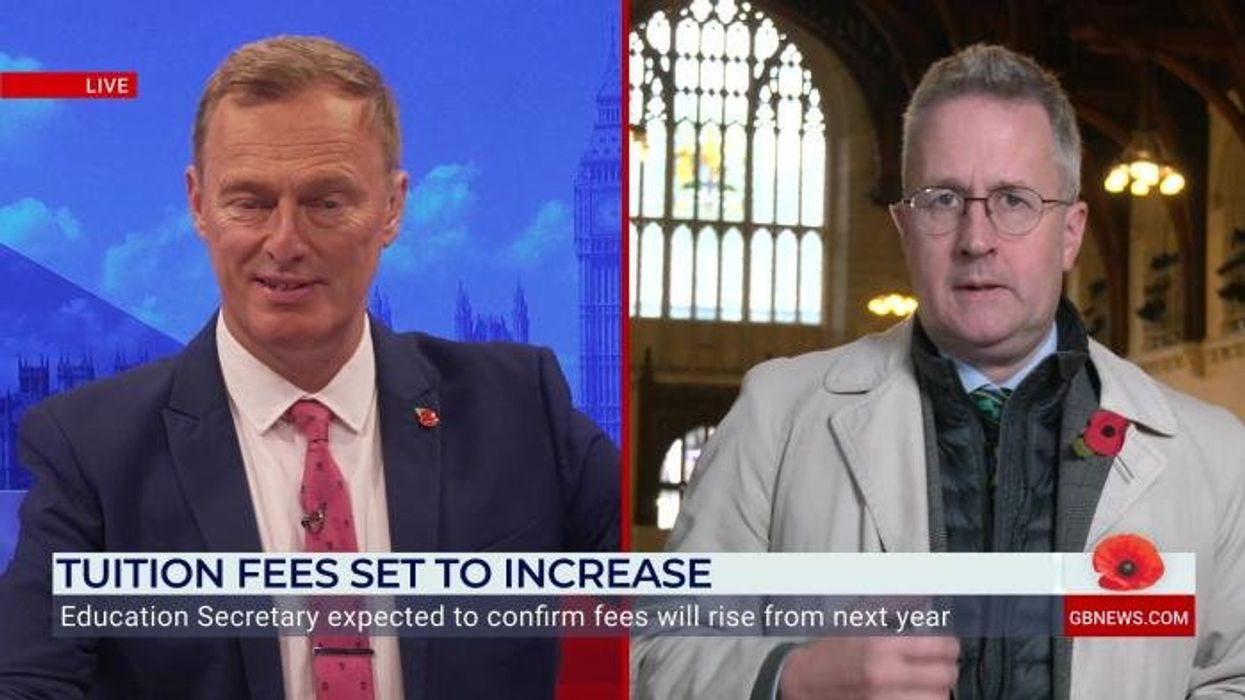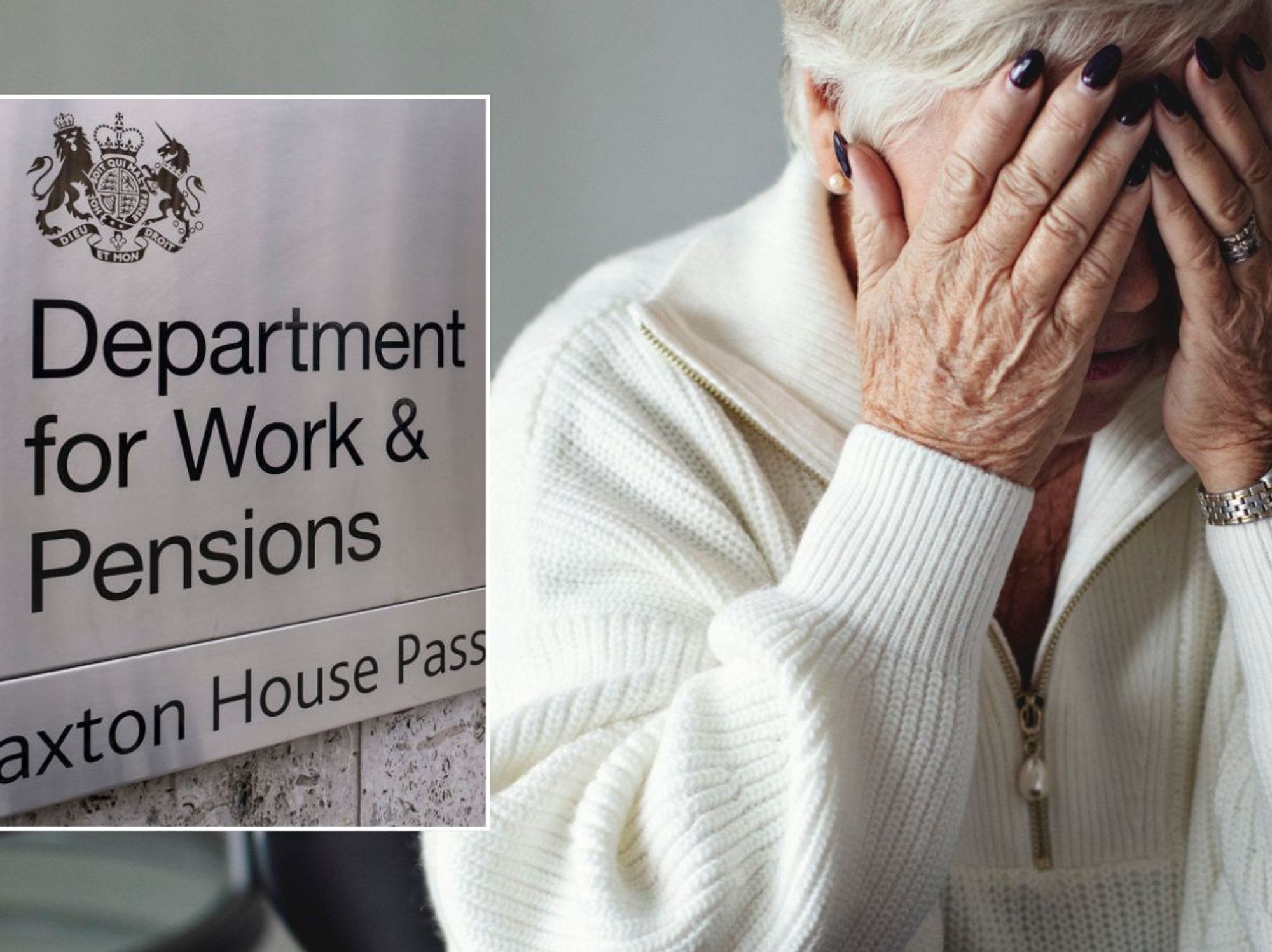Labour to raise university tuition fees from next year

Maintenance loans will also be increased in line with forecast inflation every academic year
Don't Miss
Most Read
Tuition fee caps for undergraduate students will rise in line with inflation over the next two academic years, the Education Secretary has confirmed.
Bridget Phillipson told MPs the change aims to reflect rising costs across the higher education sector.
She added that the Government plans to legislate, when parliamentary time allows, to make future fee increases automatic and linked to course quality.
Maintenance loans will also increase in line with forecast inflation every academic year.
Ms Phillipson said: "We will not allow institutions who don’t take quality seriously to make their students pay more. Charging full fees will be conditional on high quality teaching, balancing stability for universities with fairness for students and for taxpayers,
"So within this white paper, is a challenge to our universities to build on what makes them great, to drive up access, to drive out low quality provision, to improve collaboration and to push forward innovation, to deliver the research breakthroughs that will revitalise our economy and to feed that energy back into our local communities."
TRENDING
Stories
Videos
Your Say
Universities in England can currently charge up to £9,535 per year, and based on current inflation forecasts, this could mean an increase of just over £400 when the new cap takes effect.
The change applies only to universities in England, as education is a devolved matter, with Wales, Scotland and Northern Ireland each setting their own tuition fee policies.
The White Paper also confirms the launch of new vocational qualifications called V levels, which will sit alongside A Levels and T Levels, replacing a range of existing courses.
The move has been welcomed by many school and college leaders, although the Sixth Form Colleges Association warned the new qualifications will not fully replace applied general courses such as BTECs.

Maintenance loans will also be increased in line with forecast inflation every academic year
| UNIVERSITY OF BIRMINGHAMThe Government has also announced a new English and maths qualification aimed at students with lower attainment, designed to help them prepare more effectively to resit their GCSEs, a rule that has long faced criticism from education leaders.
At Labour’s party conference in September, Ms Phillipson confirmed that maintenance grants will be reintroduced for students taking courses that align with the Government’s industrial strategy, funded by a new levy on international students.
Early reports suggested the levy could be set at six per cent with analysis by policy consultancy Public First warning it could lead to 77,000 fewer international students over five years and a £2.2billion drop in fee income.
In his conference speech, Sir Keir Starmer announced a new target for two-thirds of young people to be in higher education, further education or a "gold standard" apprenticeship by the age of 25.
Today, Ms Phillipson said the aim was to recognise and nurture "a much broader range of talent" in a changing economy.
LATEST DEVELOPMENTS

Bridget Phillipson said the aim was to recognise and nurture "a much broader range of talent" in a changing economy
| PAThe aim of the rise is to help stabilise university finances and ensure institutions can continue delivering high-quality courses.
In future, only universities that achieve quality ratings showing strong outcomes and positive experiences for their students will be allowed to charge the maximum fee. This means universities will need to prove they are offering real value for both students and taxpayers.
To maintain high standards, the Office for Students (OfS) will be given new powers to make sure universities deliver good outcomes and satisfaction rates.
If a course fails to deliver for students, the OfS will be able to intervene quickly to hold providers to account. The Government also plans to take action against any misuse of the system by recruitment agents.

Overall, the Government says these reforms are designed to create a fairer, more flexible and higher-quality higher education system that delivers genuine value for students
|PA
The reforms will also make higher education more flexible through the new Lifelong Learning Entitlement (LLE), which will allow people to learn, retrain or upskill at any stage of life. Learners will be able to move between universities, colleges and training providers, building up qualifications over time instead of completing a full degree in one go.
The Government is also exploring the introduction of "break points" within degrees, so students can gain recognised qualifications partway through their studies and return later if they wish to continue.
Overall, the Government says these reforms are designed to create a fairer, more flexible and higher-quality higher education system that delivers genuine value for students.
By increasing financial support, strengthening standards and expanding opportunities to learn throughout life, the aim is to ensure that no one is priced out of higher education.
More From GB News











